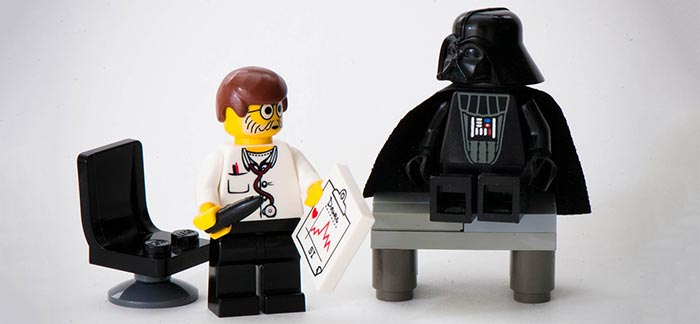What Are Table Ratings? What Do They Mean?

What to Do if You’re Offered a Table Rating
Insurance carriers offer table ratings to ensure that they can cover as many people as possible, and that even people with complicated histories can have access to life insurance. Not all insurers treat every table rating case the same, and shopping around is one way to potentially lower your price.
If you’re working with a broker who has advocated for you and your only option for coverage requires a table rating, you have a decision to make. Accept the coverage or walk away. Let’s discuss these options.
Option 1: You choose to accept the table rating offer and take the policy.
If you were table rated due to a situation that has the potential to get better over time, we suggest that you accept the policy at the table rated risk class for the time being.
Examples of situations with the potential to get better include if obesity is the risk factor and you have a plan to get healthier. Or if you had a DUI two years ago and your agent informed you the carrier will be more lenient once five years has passed.
If you accept the offer and pay the premium, your life insurance coverage is immediate. If your situation improves over time, many insurance companies will allow you to re-apply to bring down your rates.
If your health worsens over time, you’ll be glad you accepted the coverage. Once your policy is inforce, your life insurance company cannot drop you, cancel your coverage, or raise your premiums due to a health issue.
Option 2: You choose not to accept the policy offer.
If you don’t accept the table rating offer, you will not have life insurance coverage. Your situation may improve and you can apply again for coverage at a later date, but keep in mind that your age still comes into play. The older you are when you apply for life insurance, the higher the cost.
There is also a chance your health worsens in addition to aging. There’s always a risk you may wind up uninsurable if the medical issue is severe enough.
What’s the best choice?
Because you never know what life may bring, we always say that buying life insurance sooner rather than later is your best bet. Your loved ones rely on your income and if you postpone purchasing life insurance and then you unexpectedly pass away, your family is left struggling.
You may be thinking “Sure, life insurance is important. But I’m healthy. I am not going to die anytime soon.”
Unfortunately, accidents happen all the time. Not to mention some life-threatening diseases such as cancer can happen even to the healthiest of people.
The website LifeHappens.org has many real-life stories of families who have been both positively affected by life insurance and negatively affected by the lack of. Take a look at Kiristen’s story about her dad who unexpectedly passed away without having life insurance in place when she was four.
If you purchase the table rated product and your health improves, you can reapply for lower premium costs, but at least in the meantime your family will have financial protection.
If you purchase and your health remains the same, you can feel relief that you made a good decision.
If you purchase and your health deteriorates, you now have guaranteed coverage during the term period and your family is protected.
Start the process of buying life insurance by getting a quote. Through Quotacy you do not need to give away any personal contact information, such as an email address or phone number, in order to see estimated life insurance prices. We believe buying life insurance should be easy, private, and understandable, so we made that our mission. Give us a try.






